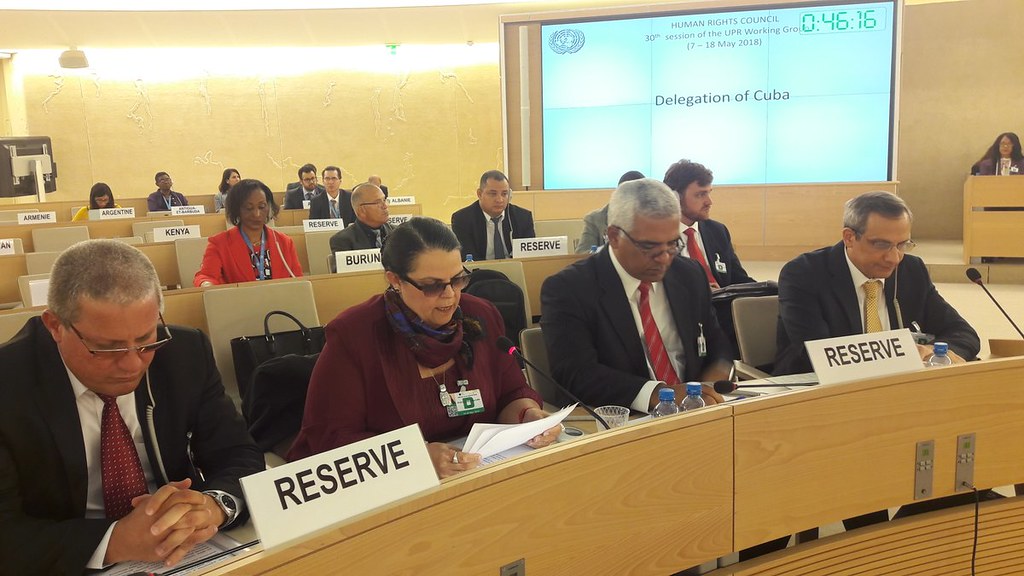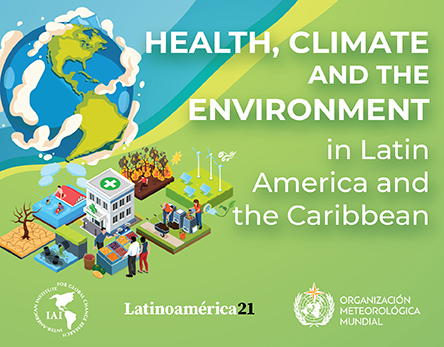On November 15, the Fourth Cycle of the Universal Periodic Review (UPR) of Cuba before the United Nations Human Rights Council will take place. This exercise will take place in a dire context for human rights in the country. In addition to the usual restrictive policy of civil and political rights, there is a lack of protection of economic, social, and cultural rights, which for a long time were the Cuban state’s letter of introduction to the international community. Therefore, it is possible to affirm that the government disapproves of this review, although it has not yet begun.
During the previous UPR, in 2018, the Cuban authorities noted 18 recommendations related to legislative obstacles to the enjoyment of human rights. These recommendations included the ratification of the International Covenants on Civil Rights and on Economic, Social, and Cultural Rights, as well as the signature and ratification of the Optional Protocol to the Convention against Torture and Other Cruel, Inhuman or Degrading Treatment or Punishment. However, these international legal instruments have not yet been ratified.
In addition to this, the Cuban Constitution of 2019 maintains the unity of powers, which annuls the counterweights to the government of the judicial, legislative, and electoral powers. The Communist Party of Cuba (PCC) is unique and is recognized as the superior and leading force of society and the state. This means that it remains outside the law, as there are no control mechanisms over its structure and functioning.
The elite of the PCC has ensured that legislative activity in the country responds to its interests. Thus, in 2018, Decree Law No. 370 was approved, which prohibits the dissemination of information “contrary to the social interest, morals, good customs and the integrity of persons”. In addition, Decree Law No. 35 was approved in 2021, which, together with other normative provisions, forms the legal framework for telecommunications.
This legislative package enables the prosecution of individuals who use social networks for citizen and sociopolitical purposes. Therefore, it is prohibited to “use them to undermine the security and internal order of the country”, to “transmit false reports or news” or in “actions aimed at affecting or harming third parties and to commit illegal acts”. It also warns that they cannot be used to generate or transmit information that impacts “the general welfare, public morality, and respect for public order”. This implies that it is not possible to exercise freedom of expression against the interests of the state.
The validity of both decree laws allows the authorities to control cyberspace based on political discrimination and to restrict freedom of expression in social networks without respecting international standards on the matter. Likewise, it is intended to subject citizens to the PCC’s discourse on the reality of the country, with retaliatory fines and the confiscation of the means of work of activists, journalists, and independent artists, as well as political opponents.
On the other hand, in July 2019, Electoral Law No. 127, was approved, which maintains the autocratic nature of elections in Cuba. This legislation does not allow free electoral competition among different political forces and subordinates the electoral system to the control of the PCC and the mass organizations that operate as its transmission pulleys. Citizens only nominate and directly elect the delegates to the municipal assemblies of the People’s Power. In the case of the deputies to the ANPP, they elect the candidates proposed by the candidacy commissions.
According to the content of this law, political participation depends on a citizen being able to exercise his civil and political rights. This is not relevant in a democratic regime. But in Cuba, civil and political rights are lost for disagreeing with the government. Hence, the spectrum of participation is reduced to those citizens aligned with the interests of the State and, above all, of the PCC elite.
Then, the new Penal Code was approved in 2022, which typifies crimes that nullify the exercise of the freedoms of expression, demonstration, association, assembly, and press. Several of its penal types seek to prevent people from opposing their rights to the state, which raises the levels of political violence and represses behaviors considered by the authorities as “provocations”.
This category includes any national or international funding for independent civil society, such as organizations of human rights defenders or independent media. It should also be noted that the new Penal Code maintains the death penalty. This sanction is contemplated for 23 crimes considered serious, three more than in the previous Penal Code.
In addition, economic, social, and cultural rights are affected. The implementation of the Task Ordering for monetary and exchange unification and the investment of more resources in tourism than in food, housing construction, health, and education have deteriorated the standard of living of millions of Cubans. Meanwhile, inflation and the high prices of the dollar in the black market have increased inequality and impacted vulnerable sectors such as pensioners and people with disabilities. These and other factors led to the unprecedented protests of July 2021, whose repression resulted in the imprisonment of hundreds of people for political reasons.
Therefore, it is possible to affirm that Cuba is suspended in this UPR. It has always been, but perhaps today it is more evident that its authorities have no commitment to ensure the most basic rights of its citizens. Thus, a positive evaluation of Cuba before the Human Rights Council can only be explained by the presence of many of its allies in this body, which, moreover, have the capacity to ensure its presence until 2026.
*Translated by Janaína Ruviaro da Silva from the original in Spanish.
Autor
Coordinator of the Legislative Observatory of Cuba. He holds a law degree from the University of Havana and a master degree in Constitutional Law from the same university.











